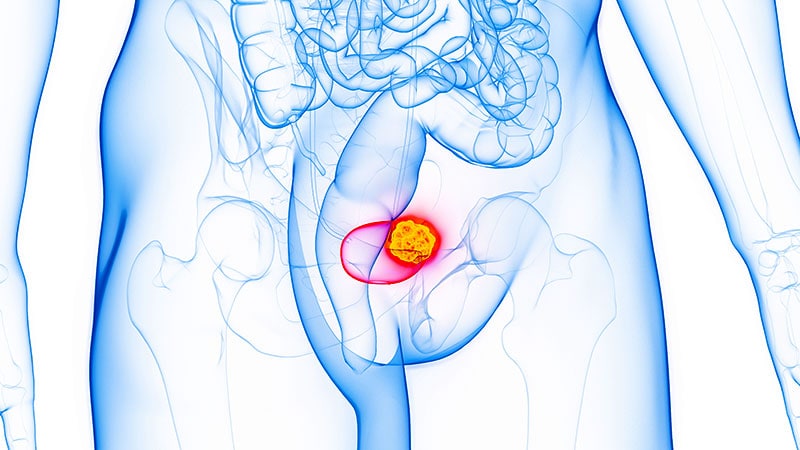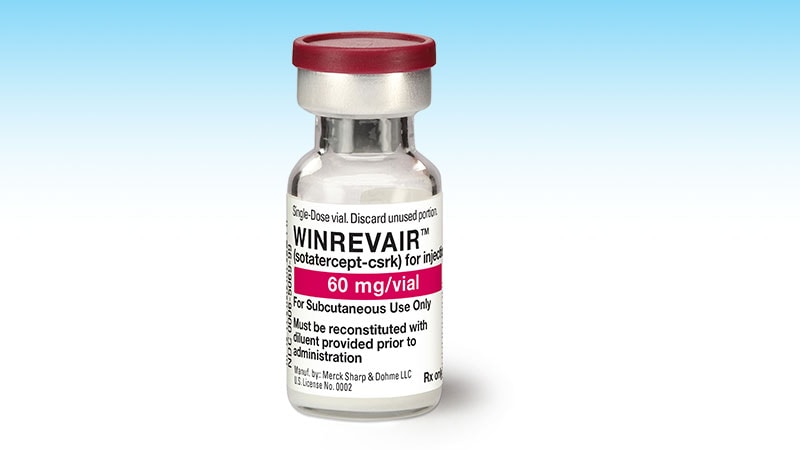TOPLINE: Increased emergency department (ED) boarding duration directly increases the risk for delirium or severe agitation during inpatient admission, especially among patients with dementia.
METHODOLOGY:
- To evaluate the association of ED boarding duration with inpatient delirium and agitation, the researchers conducted a retrospective study of 236,169 patients (mean age, 66.5 years) who visited emergency departments from 2018 to 2022 and were then admitted to general medicine services.
- The primary outcome was the presence of delirium or severe agitation during admission.
- Boarding duration was defined as the interval between inpatient admission request and departure from the ED.
TAKEAWAY:
- The mean ED boarding time across all patients was approximately 175 minutes.
- Patients experiencing delirium or agitation had longer ED boarding times (206.9 vs 172.4 min) and were older (72.9 vs 65.7 years) and more likely to have dementia (4.4% vs 1.7%) than those not experiencing delirium or agitation (P <.001 for all).
- Patients with preexisting dementia had higher odds of developing delirium or agitation (odds ratio, 2.04; 95% CI, 1.90-2.19).
- Each additional hour of ED boarding increased the risk for delirium or agitation by 2% (95% CI, 1.02-1.02).
IN PRACTICE: "The findings suggest that ED boarding duration is a direct risk factor for developing delirium or severe agitation during inpatient admission… Strategies to mitigate this risk should be developed and targeted to patients aged 65 years or older, particularly those with dementia," wrote the authors.
SOURCE: The study was led by Joshua W. Joseph, MD, Department of Emergency Medicine, Brigham and Women 's Hospital, Boston, Massachusetts. It was published online on June 11, 2024, in JAMA Network Open.
LIMITATIONS: The study limitations included possible underdiagnosis of both dementia and delirium, which could dilute associations; use of a composite outcome; and potential for delirium to complicate bed placement, prolonging boarding.
DISCLOSURES: The funding source was not disclosed. The authors reported no conflict of interest.
This article was created using several editorial tools, including AI, as part of the process. Human editors reviewed this content before publication.

.webp) 2 days ago
5
2 days ago
5





























 English (US)
English (US)